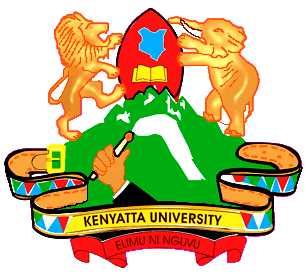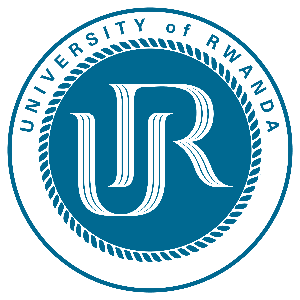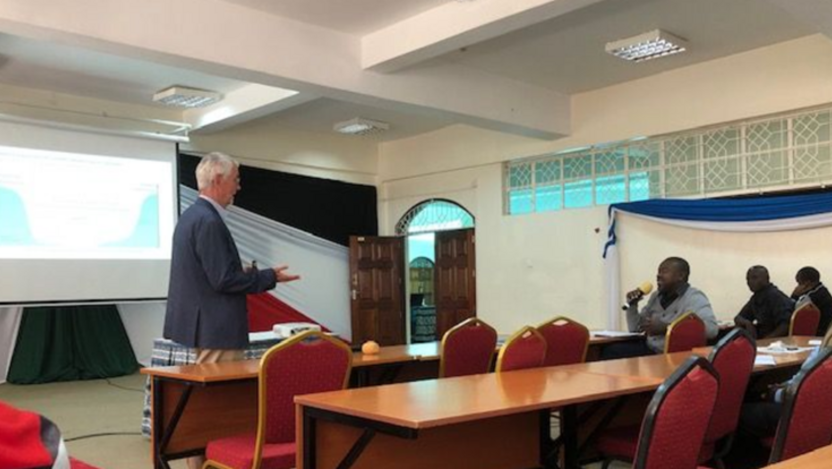TT-CUIP
Capacity Strengthening in Technology Transfer and Commercialization of University Intellectual Property
This DAAD-funded project helps the Kenyan and Rwandan partner universities to improve their technology transfer strategies and the commercialization of university intellectual property. The goal is to build strong links with industry and help university staff bring their innovations and research results to market by creating start-ups. An entrepreneurial mindset and in-depth knowledge of the legal and institutional framework are taught.
Reports about Project Activities
- Kenyatta University win grant to strengthen Technology Transfer and Commercialization of Varsity Intellectual Property (external link, opens in a new window)
- Capacity Strengthening in Technology Transfer and Commercialization of UniversityIntellectual Property (external link, opens in a new window)
- Academic staff from UR trained on technology transfer (external link, opens in a new window)
- Two days training for University of Rwanda Lecturers (external link, opens in a new window)


Workshops
Project Description
Project description
This project aims to contribute to improve technology transfer and commercialization of university intellectual property at two partner universities in Kenya and Rwanda in order to foster economic development in East Africa. Universities should create an environment conducive of innovation and entrepreneurship, to allow research results, technology and university intellectual property to be transferred to the industry. This will eventually lead to sustainable economic growth, competitiveness, and the response to many social challenges in East Africa, such as youth unemployment.
Even though Kenya and Rwanda have adopted policies, legal and institutional frameworks favorable to science, technology and innovation, there is still a negligible number of start-ups and enterprises arising out of university graduates and staff, as well as a small number of innovation cooperations between industry and universities. To address this gap, university management staff and researchers must be made aware of technology transfer strategies and university intellectual property management in order to establish strong links to the industry and to support members of the universities to bring their innovations and research results to the market by launching start-ups. An entrepreneurial mindset as well as profound training in the legal and institutional frameworks are needed.
The project TT-CUIP aims at the following objectives:
- Establishment of a North-South-South network between Neu-Ulm University of Applied Sciences (HNU), Kenyatta University (KU) and University of Rwanda (UR), centering around the topics of technology transfer, intellectual property, innovation management and university-industry linkages
- Improve UR’s and KU’s processes and didactic approaches around innovation creation, technology transfer, and intellectual property in order to generate more technology transfer contracts as well as start-ups and spin-offs arising out of university research and intellectual property
- Innovation and entrepreneurial mindset are integrated into KU’s and UR’s teaching curricula through the Train-the-Trainer-multiplier effect
The objectives will be reached through the following activities:
- Training of patent drafters
- Benchmarking visits to Germany: job-shadowing, field trips to incubation centres, companies and other relevant institutions
- Train-the-Trainer workshops:
- technology transfer and commercialization of intellectual property
- transfer-oriented teaching and curricula design

funded by the DAAD with financial means of the German Federal Ministry for Economic Cooperation and Development (BMZ)














